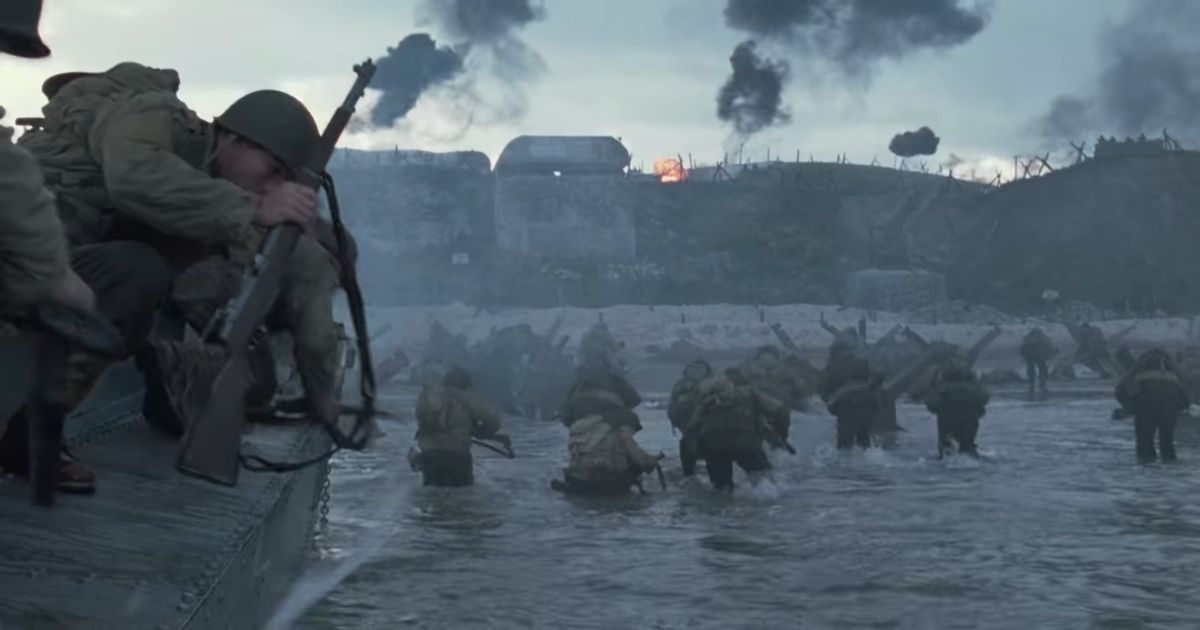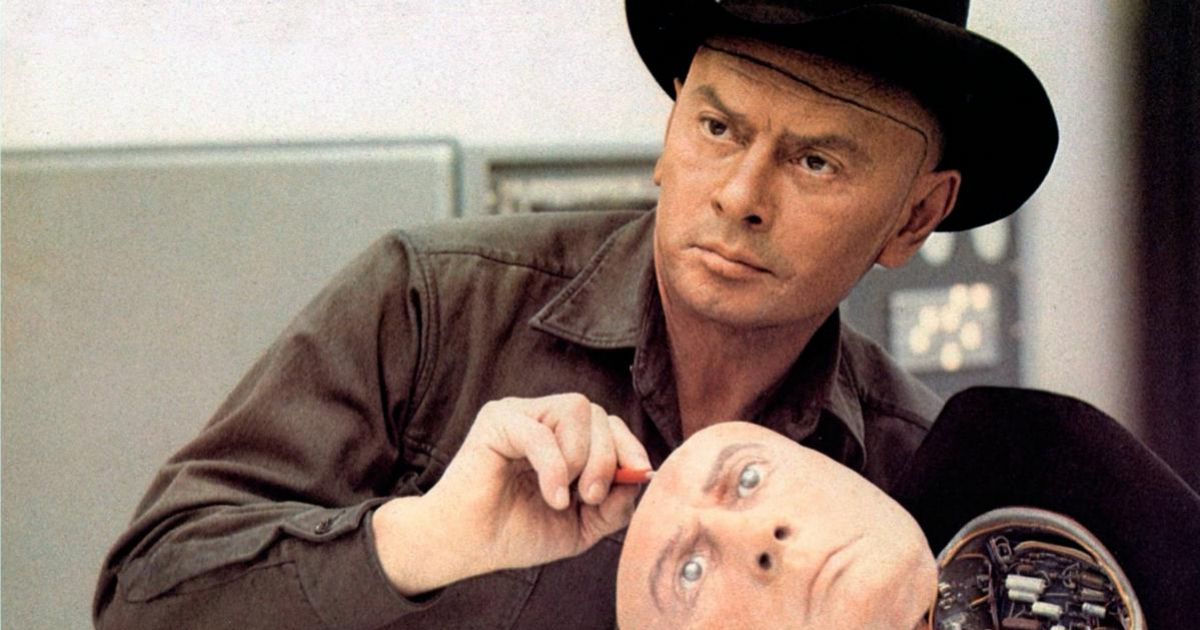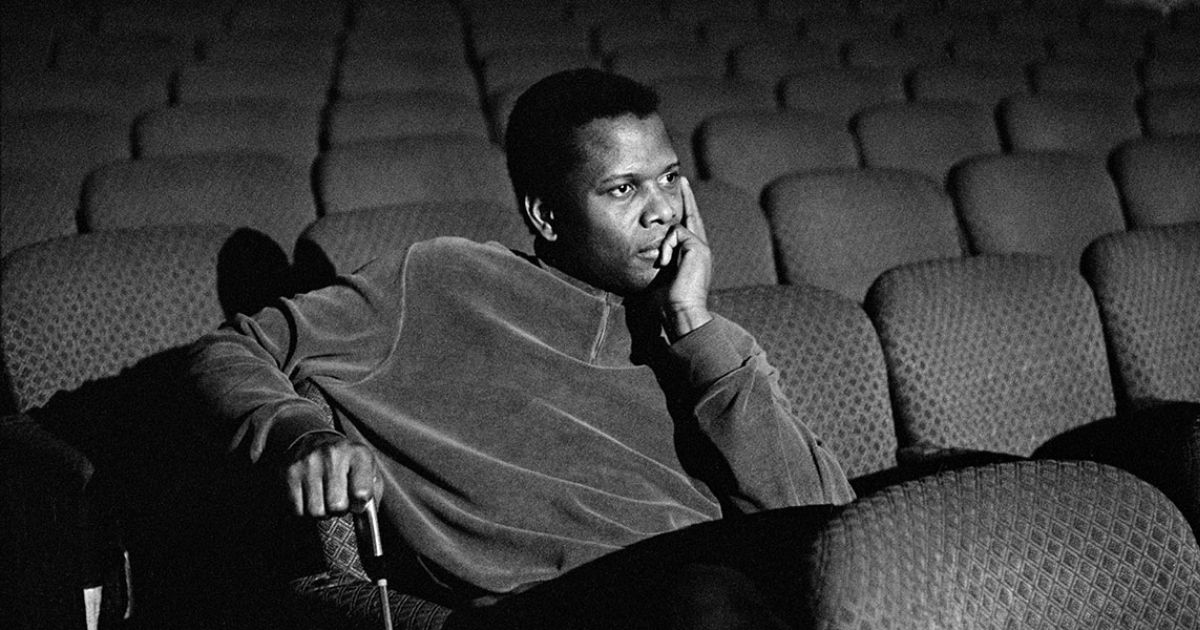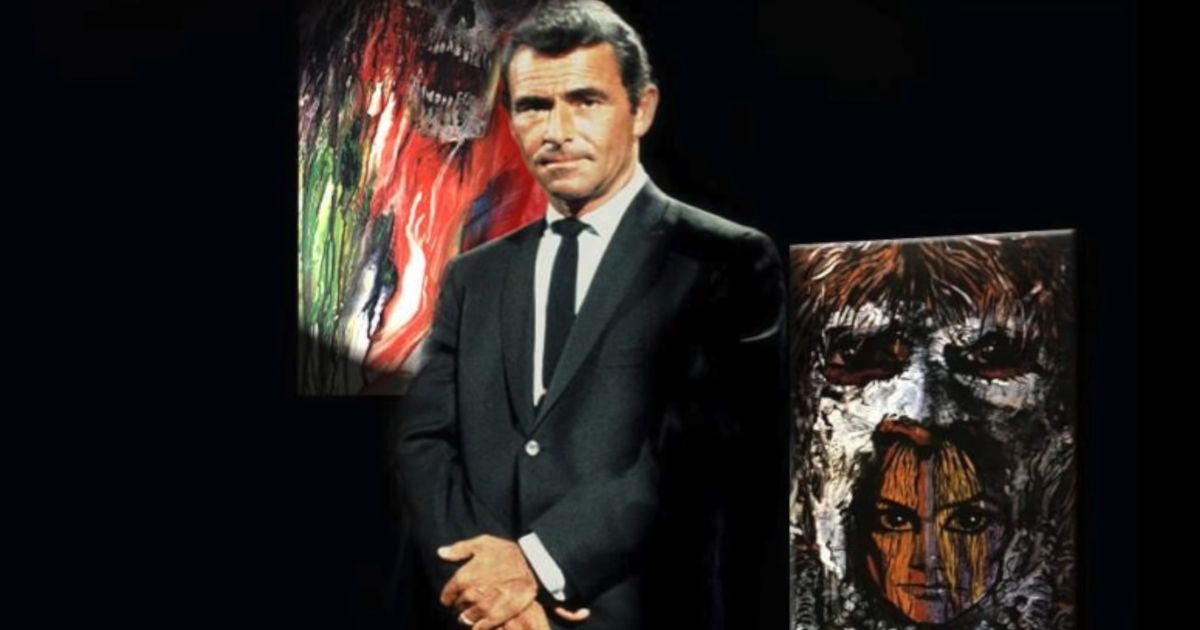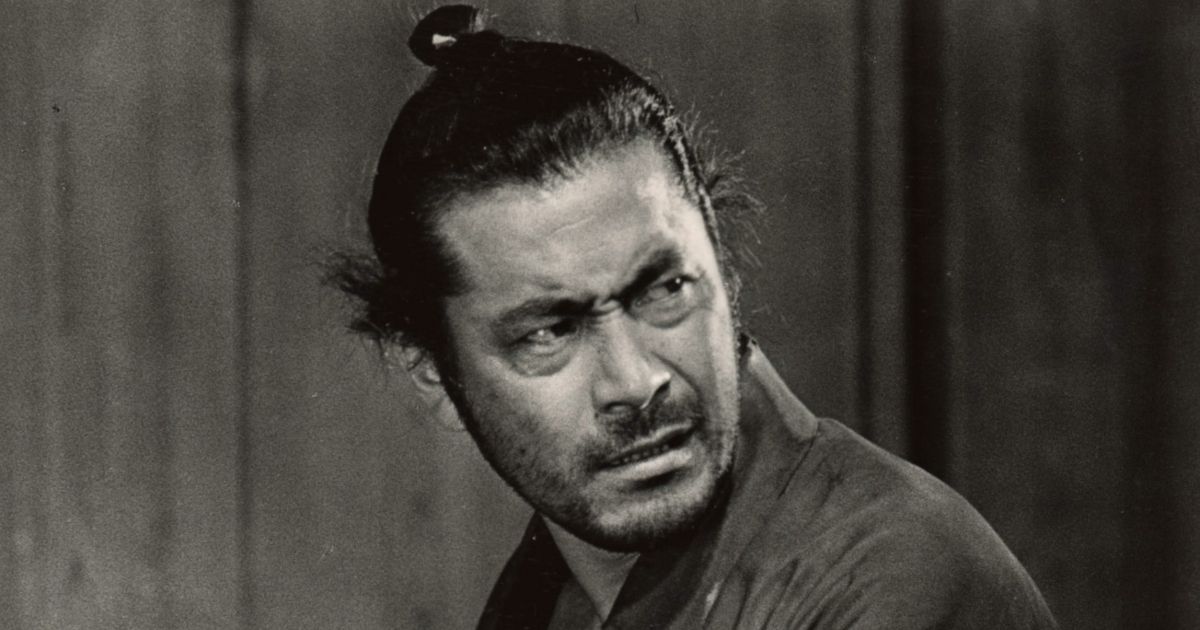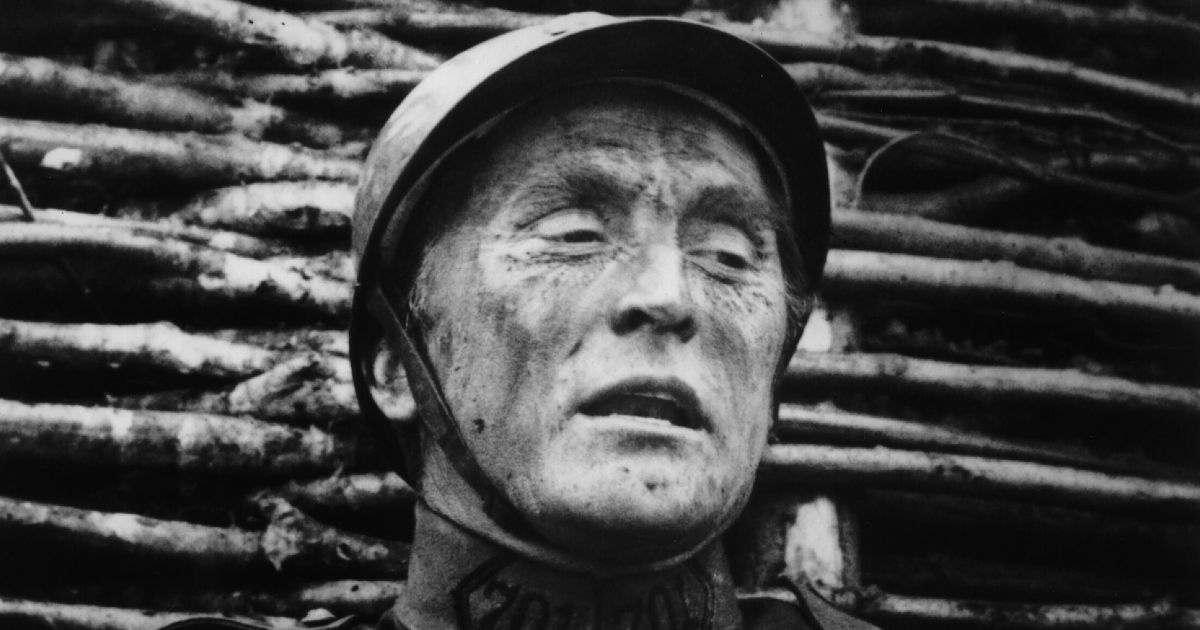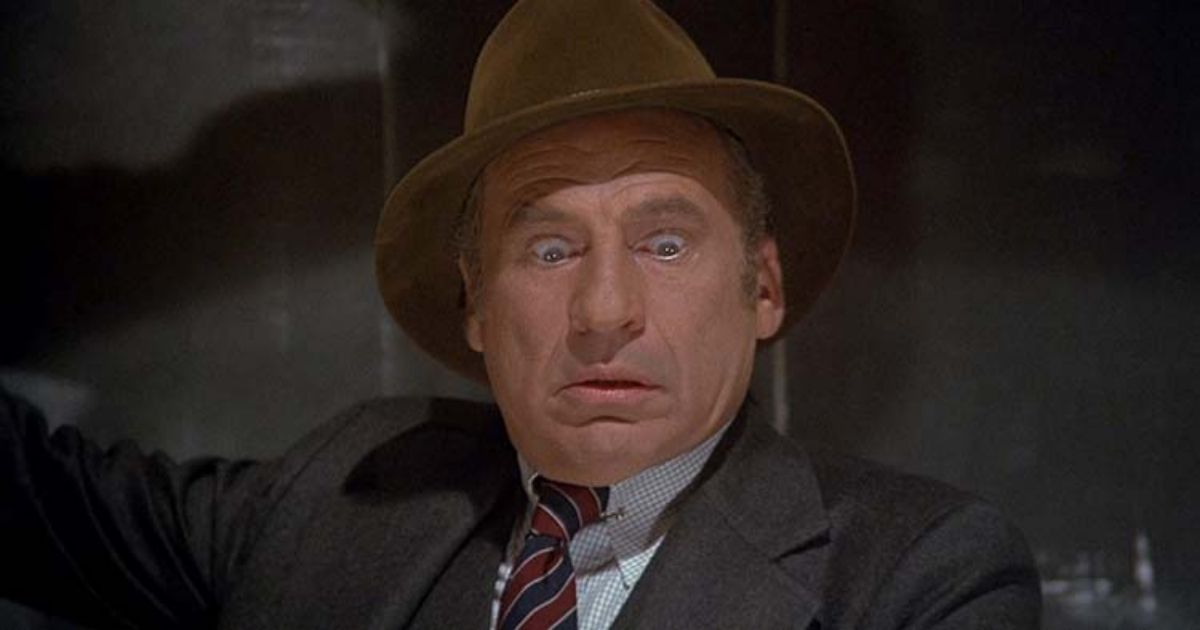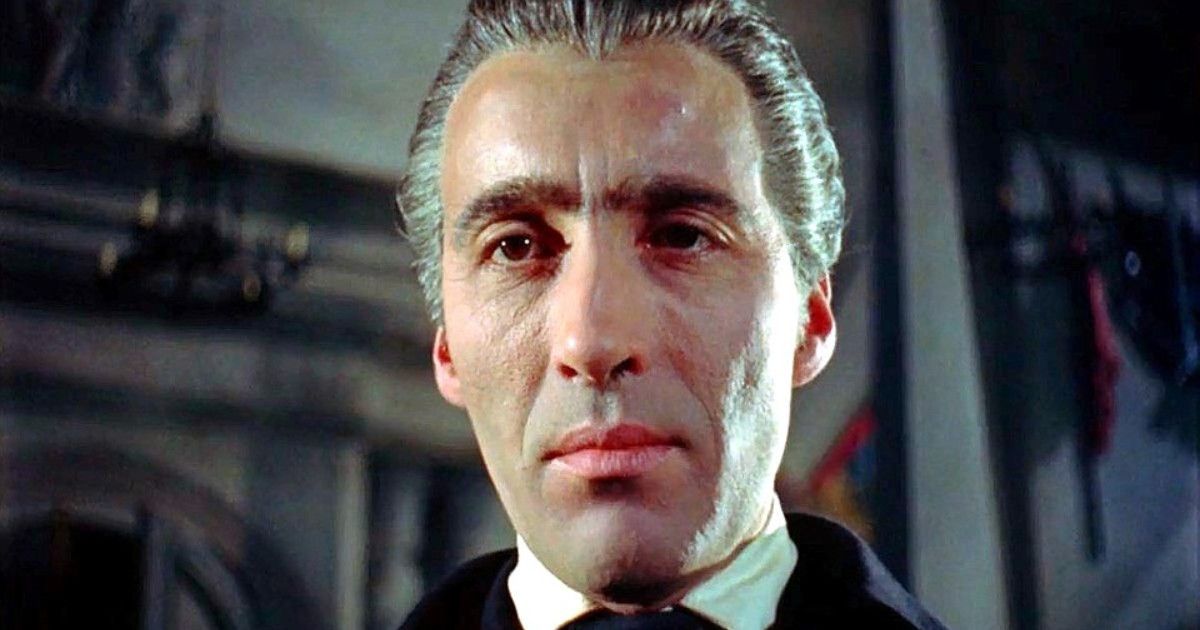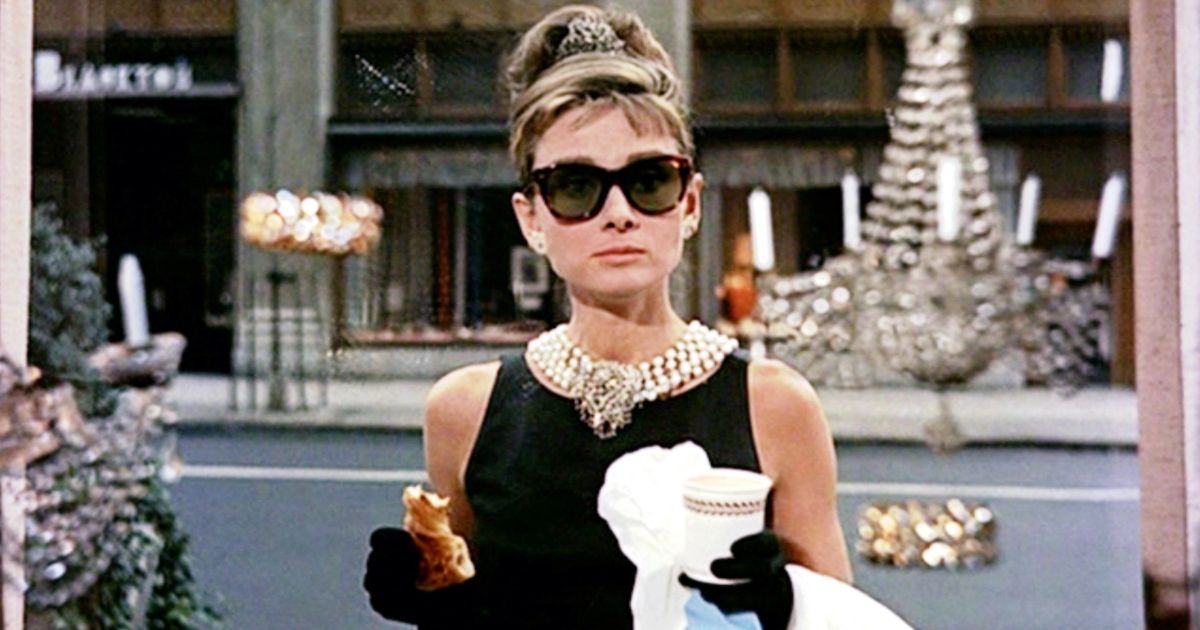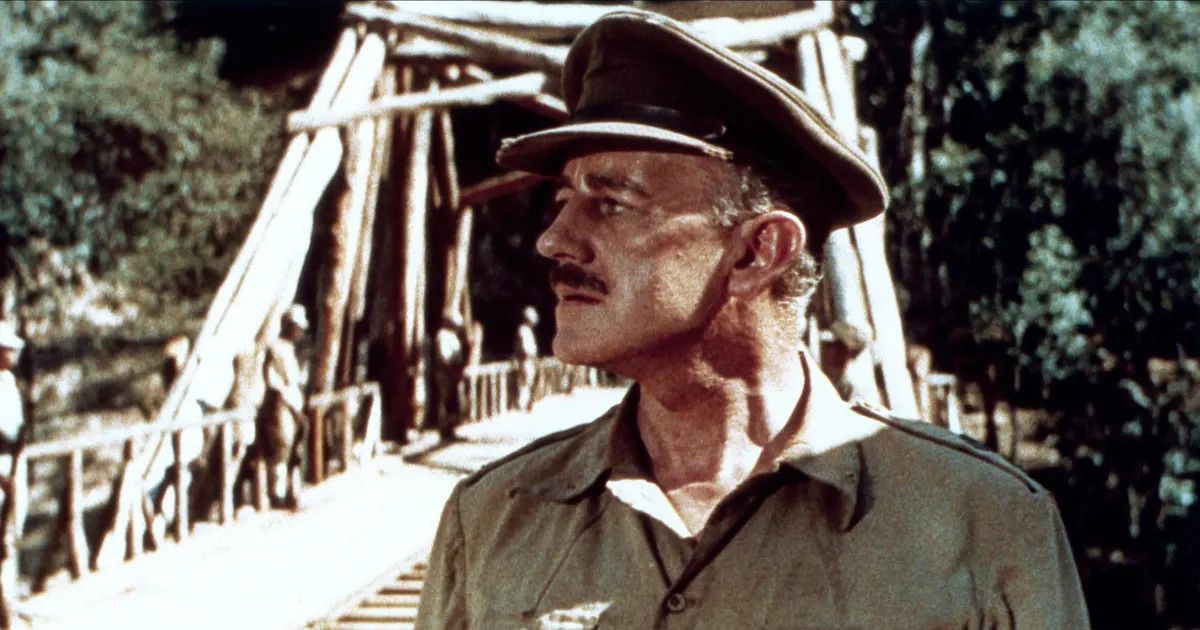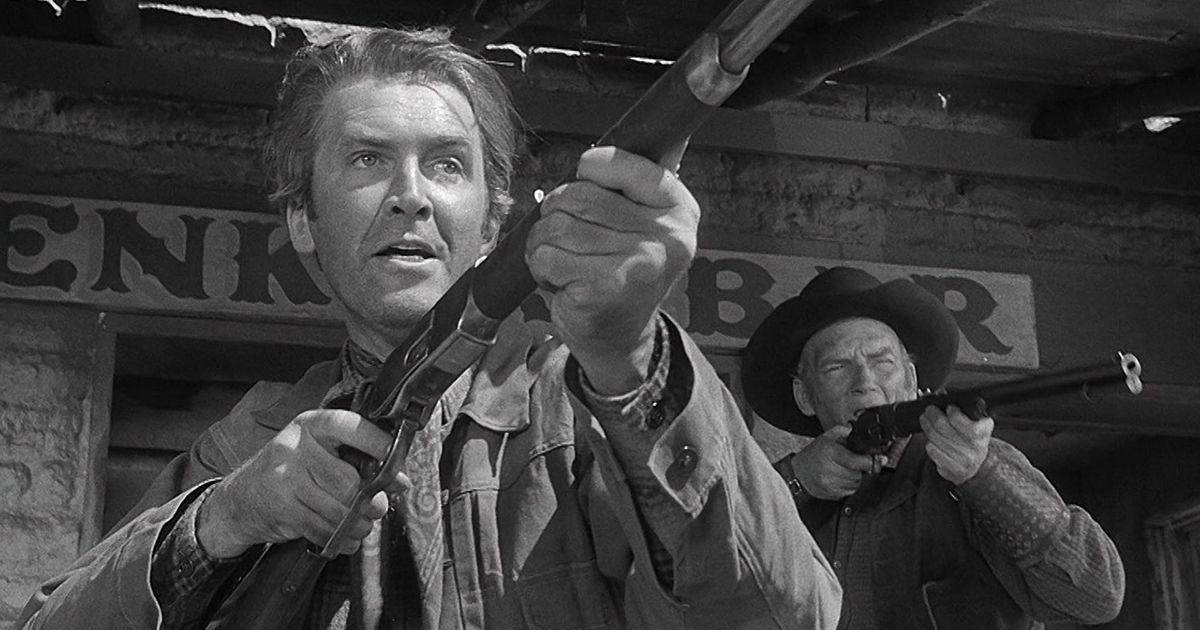This history of the Hollywood elite contributing to a war effort is far from new. For example, actors such as Ben Stiller, Jessica Chastain, Angelina Jolie, Sean Penn, Mila Kunis, and Liev Schreiber are just a few of the stars who have either made visits to Ukraine or raised funds for their cause in recent years. Apart from starring in war films and headlining USO tours, some actors over the years have chosen to take their patriotic duty a step further.
Update August 9, 2023: Are you a fan of unique WWII history? Then you'll be happy to know this article was recently updated by Amanda Minchin.
During WWII, in particular, it was somewhat common for Hollywood stars to momentarily retire from show biz to help out with the war effort. From Walt Disney Studio's creation of educational reels and propaganda to distinguished military playwright Stan Lee to the Ghost Army's use of costumes and props to subvert the Nazis, there was no lack of creativity or enthusiasm when it came to combating the Axis (and sometimes Allied) powers. For better or worse, their experiences would go on to shape them in the years to come. Here are just a few of the stand-out stars who went on to fight the good fight during World War II.
Yul Brynner
How did the hard man so famed for his roles in Westerns contribute to the war effort? After immigrating to the US around 1940, the Russian-born Yul Brynner fought on the side of the Allies during WWII. During that time, he worked as a French-speaking radio announcer for the U.S. Office of War Information, delivering messages to an occupied France. Brynner would go on to acclaimed roles such in projects such as The King And I and The Magnificent Seven.
Sidney Poitier
Miami-born but Bahamian-raised actor Sidney Poitier's short military career began shortly after he immigrated to New York. Once there, he lied about his age in order to join the war effort. Although he served only briefly, he would go on to assist medical staff for shell-shocked soldiers returning from battle at a Veteran's Administration hospital on Long Island, New York. Not savoring his time in the military, he wrote in his 1980 memoir, This Life:
“….We would in time become no more than jailers. The army was not heavily into the mental health business.”
After just 10 months, he'd had enough. Poitier would quickly discover that acting wasn't just a future career, it was his only feasible out. He managed to coax his way out by pretending to be "mentally unfit". The plan worked. After the war, the soon-to-be great Poitier would come to star in memorable movie roles in Blackboard Jungle, The Defiant Ones, Lilies of the Field, Guess Who's Coming to Dinner, and In the Heat of the Night.
Rod Serling
It's no surprise that many episodes of The Twilight Zone would focus on themes about as World War II seeing as how creator, writer, narrator, and producer Rod Serling was directly involved in the conflict. Well before his big break in the 50s, Serling served as a stellar paratrooper during WWII. It was there that he got one of his first tastes as a writer/actor when devising a skit for USO touring comedian Jack Benny.
Serling was said to be feisty, known to pick fights (presumably due to his size), and became quite the flyweight boxer. The National WW2 Museum writes:
In one instance, Serling’s good friend, Private Melvin Levy, ventured out to watch an aircraft drop off food crates to the beleaguered paratroopers. Levy was joking about where the food would fall when one of the crates landed on his head and decapitated him as Serling looked on in horror.
And, just like that, Serling was living the exact kind of alternate universe that he go on to bring to the world of his series. Understandably, Serling would come back haunted by PTSD, which he would continue to channel into his writing.
Toshiro Mifune
As perhaps Japan's greatest acting export, Toshiro Mifune's contribution to his country's war effort came from his skill with a camera developed by working at his father's photography studio. While he was raised in China, he was technically a Japanese citizen. Because of this, he was shortly drafted into the Imperial Japanese Army Aviation Division at the tender age of 19. Mifune's role was first to map out 'enemy' territory via pictures taken from reconnaissance missions. From there, he would photograph the Kamikaze pilots before their final flights.
After the war, Mifune perhaps is best known for starring in several films. Some of his best performances are most notably in Akira Kurosawa's Rashomon, Seven Samurai, Throne of Blood, and Yojimbo.
Kirk Douglas
The three-time Oscar-nominated Kirk Douglas enlisted in 1941 following the attack on Pearl Harbor. Although he failed the dexterity test for the army, he would join the Navy instead. Reflecting on the experience in 1990, Douglas said to Playbill:
I felt a wave of patriotism and a wave of Jewishness about what was happening in Europe with Hitler.
His role was with the anti-submarine unit, dropping depth charges on Japanese subs. This would become the very reason he would be medically discharged after he was almost killed by a shipmate's mistake.
Douglas would go on to star in even more esteemed roles, including the acclaimed Spartacus and Stanley Kubrick's WWI anti-war film Paths of Glory.
Mel Brooks
Resident funny man, actor, and director Mel Brooks has made some of the best comedies of all time, some of which were more obviously affected by his time in WWII than others. So how on earth does someone translate their WWII experience into laughs? From extensive experience, of course! From radio operator to combat engineer, the army seemed to throw Brooks into any random position that fits.
As a combat engineer, Mel Brooks' role was to seek out enemy mines and booby traps and construct bridges necessary to move supplies, frequenting France, Belgium, and even The Battle of the Bulge in the process. Not surprisingly, he was pegged as a jokester even then. In an account of his time at war, Brooks writes:
There were these white ceramic insulation things up on the telephone poles, and any man who shot one down won a dollar from each of the others. I was pretty good at that, and I’d made about $21 when suddenly we got a strange call on our command car radio: “Get back to the base immediately!”
When we arrived back to our base there was a lot going on. Platoons of men were moving rapidly all over the place. My company commander told us that army communications had been severed. It seems that some telephone and telegraph wires had been destroyed. Uh-oh!
By some miracle, Brooks would go on to be honorably discharged as a corporal. After the war, Brooks toured as a comic entertaining troops. Among his many other roles the Jewish comedian would go on to spoof Hitler in The Producers in 1967.
Christopher Lee
Acclaimed Dracula actor Christopher Lee's war efforts have become a thing of legend. Capable of speaking multiple languages, Lee joined the RAF in 1940. Once there, he decoded German messages before joining the SAS. It was there that he eventually went on to literally hunt Nazis. Lee retired from service in 1946.
Of his time in the forces, Lee said:
When the Second World War finished I was 23, and already I had seen enough horror to last me a lifetime.
While Lee purposely kept mum about his time spent in the service, it is rumored that super spy James Bond was modeled after the actor. This isn't so big a stretch considering Lee and creator Ian Fleming are cousins, both of whom served during WWII. Lee would even go on to play Bond villain Francisco Scaramanga in The Man with the Golden Gun.
Audrey Hepburn
Aside from starring in her share of rom-coms and spy thrillers, legendary actress Audrey Hepburn played a unique role starting at the tender age of ten against the Nazis during World War II. Stranded in Holland along with her divorced mother during the war, she soon became a member of the Dutch resistance. She became a messenger of encoded secrets, resistance newspapers, and parcels during that time. As she grew into her own, she helped raise money for the resistance at 'black evening' performances, noted for their covert nature, with blackened windows and a strict no applause policy. By 1944, she was working for the anti-German leader, Dr. Hendrik Visser ’t Hooft.
Her family life grew complicated throughout the course of the struggle. Back in England, her estranged father, a known Nazi sympathizer, was imprisoned as an enemy of the state. Her mother, Baroness Ella van Heemstra, was also an early supporter of the regime. Meanwhile, her uncle was executed for sabotage against the Nazis, and her half-brother was sent to a labor camp. The family, at great risk to themselves, even took in an injured enemy soldier during the war. Said her son later of the actresses' early life experience,
“The war made my mother who she was.”
Years after the war, Hepburn would go on to star in fan-favorite films such as Roman Holiday, Sabrina, Breakfast at Tiffany's, and Charade.
Alec Guinness
Alec Guinness may have starred in one of the greatest war movies ever made, but this English acting legend also joined the Royal Navy Volunteer Reserve during World War II. By 1943, he'd been promoted to Lieutenant. Guinness most notably led a landing group of 200 men in the invasion of Sicily, though he remained heavily involved in missions until the end of the war.
This great actor would go on to star in a slew of heavily awarded and fan-favorite films, from Bridge on the River Kwai to Star Wars, to Lawrence of Arabia.
Jimmy Stewart
Coming from a long line of soldiers (both of his grandfathers fought in the Civil War, and his father in World War I), actor Jimmy Stewart was dogged to be involved in World War II from the start. While his character in It's a Wonderful Life was denied combat duty off-screen, Stewart was heavily involved in the war effort. After joining the army in 1940, he did promotional films for public relations before applying for the Air Corps division in '42. He went on to pilot B-24 Liberator Bombers over Nazi-occupied Europe. He went on to serve in the Air Force until the mandatory retirement age forced him out in 1968.
What isn't always talked about the impact of the war on Stewart's mental state. What he had seen in wartime would stick with him throughout the years. For one, he would return home a far more mature James Stewart. Several of his roles were distinctly grittier. Stewart's dark Westerns seemed to parallel his wartime experience, further evidence of how World War II changed the lives of these service members forever.

